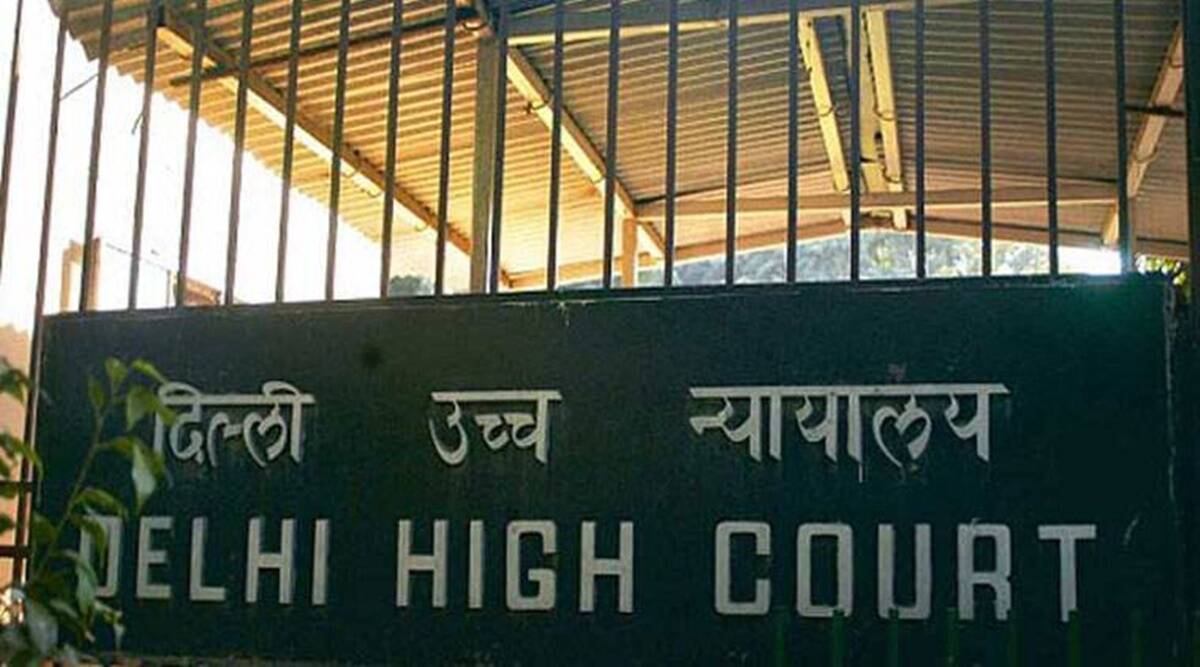 Delhi High Court (File)
Delhi High Court (File) SENIOR ADVOCATE Rebecca John, an amicus curiae in the case seeking criminalisation of marital rape, on Friday contended before Delhi High Court that while an expectation of conjugal relationship is normal in a marital relationship, the same cannot result in the husband having forcible sex with his wife. She also said that if the exception in IPC 375 were gender neutral, it would have been in disregard of the lived experiences of women as wives.
The submissions were made before the division bench of Justices Rajiv Shakdher and C Hari Shankar during the hearing of the petitions challenging Exception 2 in IPC Section 375 that protects men, who have forced non-consensual intercourse with their wives, from criminal prosecution under Section 376 IPC.
John was responding to Justice Shankar’s queries and observations in which he reiterated his opinion that there is a qualitative difference between the sexual equation existing between the parties who are married and those who are not married. There is a right to expect sexual relation in the case of a married couple but same does not exist in the case where the couple are not married, he said.
“Therefore there is an intelligible differentia in the sexual equation between the parties. It would be kind of closing our eyes to reality… that there is no intelligible differentia between these two cases,” said Justice Shankar, adding that the emphasis being put on consent in context of the the exception was “obfuscating the entire argument, this entire rationale which prima facie may exist to justify this exception”.
John said the whole argument is predicated on the point that the husband has a right to a conjugal relationship. “That right does not exist,” she said. After Justice Shankar said that “let’s not call it a right, let’s call it an expectation”, John said that an expectation can be there and the same in absence of a willingness can lead to dialogue and even the wife being satisfied that she should be in a conjugal relationship with her husband.
“In a marital space, there can be any number of misunderstandings and the wife out of hurt, anger, withdraws from having sexual relationship with her husband for the time being. The manner to resolve is you come out and talk, you make some kind of adjustment … All this is part of marriage … That is not what this exception is all about. I don’t want to underpitch it, I don’t want to trivialise this. This is not about expectation. This is not about one woman saying one day that I am not in a mind. This is about a man exercising his dominant right over his wife despite the wife saying I cannot and will not do it with you,” argued John.
She said the consequences of unwillingness to have a conjugal relationship may result in the marriage breaking down and the husband seeking civil remedies. “In a given situation, the husband may be right and the wife may be unreasonable. I am accepting all of these situations. In 34 years of experience, I have represented more men than women but what I am saying is there is no right. There can be expectations. The expectation cannot lead to forcible sex on your wife. That is my limited answer. That is my complete answer.”
On the question whether her arguments would remain the same if the IPC 375 and Exception 2 were gender neutral, John said it would create a false equivalence to suggest that in reality husbands and wives are equals. “Even the most beneficial provisions and statutes introduced by Parliament in favour of women including Section 498A, 304B, the Dowry Prohibition Act, the Protection of Women from Domestic Violence Act … all of them recognise gender inequality within the marriage,” said John.
She argued that in a given situation the members of transgender community are sometimes more vulnerable than women and that the present law has been formulated based on the experiences of women.
- The Indian Express website has been rated GREEN for its credibility and trustworthiness by Newsguard, a global service that rates news sources for their journalistic standards.

